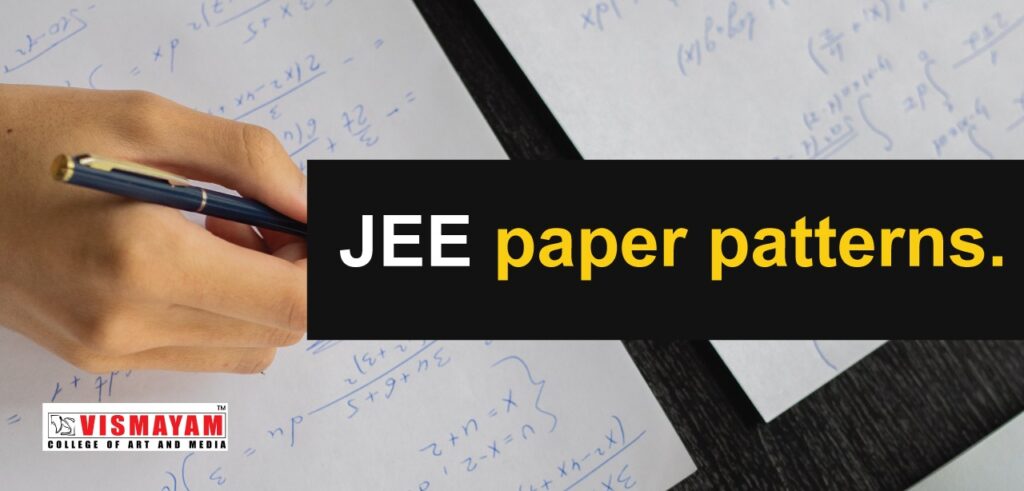Let’s look at the JEE paper 2 question paper pattern

The JEE paper 2 question paper pattern has been updated by the National Testing Agency (NTA). From this year on, section B will also have a negative marking. Understanding the JEE Main Paper 2 exam format is critical to achieving good grades in the entrance exam. Hence, there are two parts: Paper 2A for B Arch programs and Paper 2B for B Plan programs. The question paper’s pattern illustrates the question paper’s structure, the number of sections, the types of questions, the marking scheme, and other details. The question paper was divided into three sections: mathematics, aptitude, and drawing. The exam is worth 400 points in total.
JEE paper 2 question paper pattern

JEE paper 2 question paper pattern will be held to select students for admission to B.Arch/B.Plan programs at schools such as the School of Planning and Architecture (SPAs) and NITs. The syllabus of JEE Main 2023 paper two is further divided between B.Arch and B.Plan, with General Aptitude and Mathematics shared by both. The third portion, drawing, is only for B.Arch students, and the Planning section is only for B.Plan students. Except for the drawing part, which students must attempt on the drawing sheet, JEE Main 2023 paper two will be conducted online. NTA has also changed the JEE Main exam format 2023 to include Numerical Value Questions.
As students are aware, the JEE paper 2 question paper pattern is divided into three sections: Part 1 is Mathematics, Part 2 is General Aptitude, and Part 3 is Drawing/Planning, depending on the candidate’s B.Arch/B.Plan options. Parts 1 and 2 are the same for both B.Arch and B.Plan students. Part 3 features drawing questions for B.Arch students, whereas Part 3 has general planning questions for B.Plan students.
Understanding the JEE Main exam schedule is critical for applicants and students taking the IIT JEE exam. Candidates who closely watch and adhere to the JEE Main exam pattern will not only be able to design a successful study plan but will also perform well and get a higher score in the entrance exam. Candidates can also take JEE mock examinations to grasp the examination methodology and question kinds better and assess their degree of preparation. Candidates should also obtain and read the JEE Main syllabus to better learn the exam structure, marking scheme, course objectives, and more.